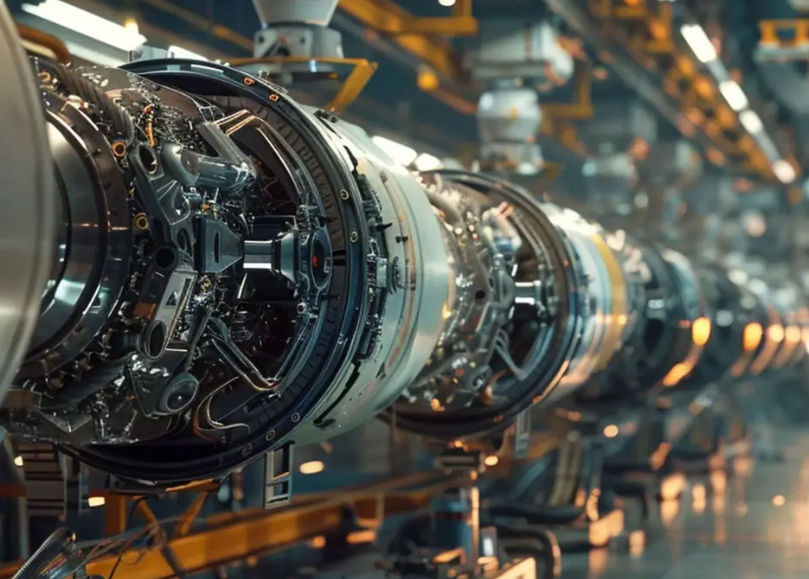AI is playing an incredibly significant role in the World Cup, completely revolutionizing the sport of football in numerous groundbreaking ways. With its advanced capabilities, AI is completely transforming the decision-making processes of coaches, providing them with unprecedented insights and analysis that were previously unimaginable. Not only that, but AI is also proving to be an invaluable tool in talent scouting and recruitment, allowing teams to identify and acquire the most promising players with remarkable precision.
Moreover, AI is making huge strides in player health monitoring and injury prediction. Through the use of state-of-the-art AI-assisted wearables, teams are now able to closely monitor the well-being of their players, detecting any potential issues before they escalate. This not only ensures the players’ safety but also enhances their performance on the field.
In addition to its impact on coaching and player management, AI is revolutionizing the way football matches are captured and analyzed. With the help of AI technology, cameras are now capable of autonomously tracking every single movement on the field with unparalleled accuracy and efficiency. This eliminates the need for human operators and ensures that every crucial moment of the game is captured flawlessly. Furthermore, AI has even found its way into stadium management, controlling temperatures and ensuring optimal conditions for both players and spectators. Additionally, AI has the remarkable ability to predict and manage fan engagement, enhancing the overall excitement and atmosphere of the World Cup.
One noteworthy development in the field of AI and football is the groundbreaking AI model developed by the prestigious Alan Turing Institute in the United Kingdom. This remarkable model utilizes the power of AI to predict the potential winner of the upcoming World Cup 2022. By meticulously analyzing data from previous tournaments dating all the way back to 2002, this AI model confidently points to Brazil as a highly likely contender for the coveted title. This demonstrates the incredible potential of AI in providing accurate predictions and insights in the world of football.
Furthermore, the application of AI and machine learning (ML) extends beyond the confines of the football field itself. In the modern game, leveraging the power of big data analytics is absolutely crucial for team development and tactical strategies. Coaches now have access to a wealth of valuable insights and information that enable them to optimize player performance and devise innovative game plans that can outsmart any opponent.
The integration of AI in the World Cup is a testament to its growing influence and impact on one of the most prestigious and widely followed global sporting events. As technology continues to advance at an unprecedented pace, the role of AI in football is only expected to expand further. This will undoubtedly enhance the sport’s competitiveness, raise its entertainment value, and provide an unforgettable experience for both players and fans alike.
Related Stories:
https://www.washingtonpost.com/technology/2022/11/21/world-cup-ai/
https://www.allerin.com/blog/how-fifa-used-ai-at-the-2022-world-cup
https://www.inc.com/ben-sherry/how-world-cup-is-putting-power-of-ai-on-display.html
https://www.espn.com/soccer/story/_/id/37874541/fifa-identifies-300-world-cup-online-abusers-ai






